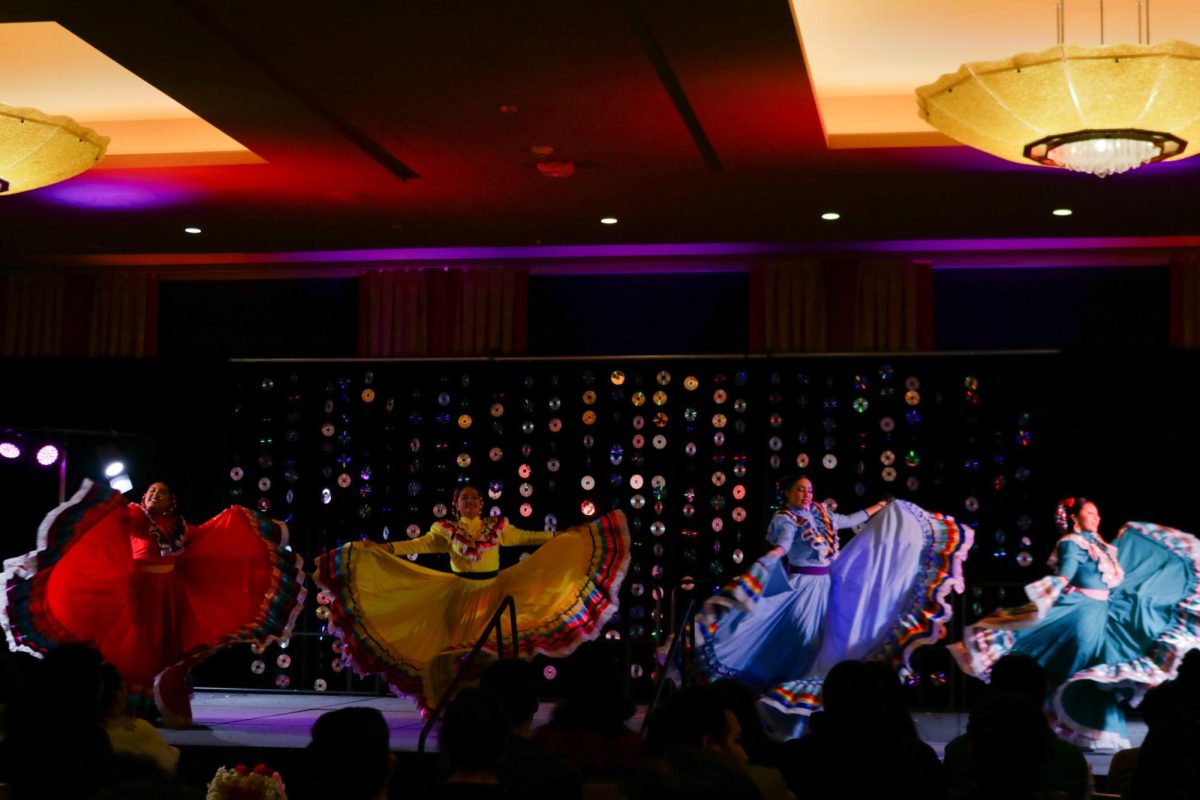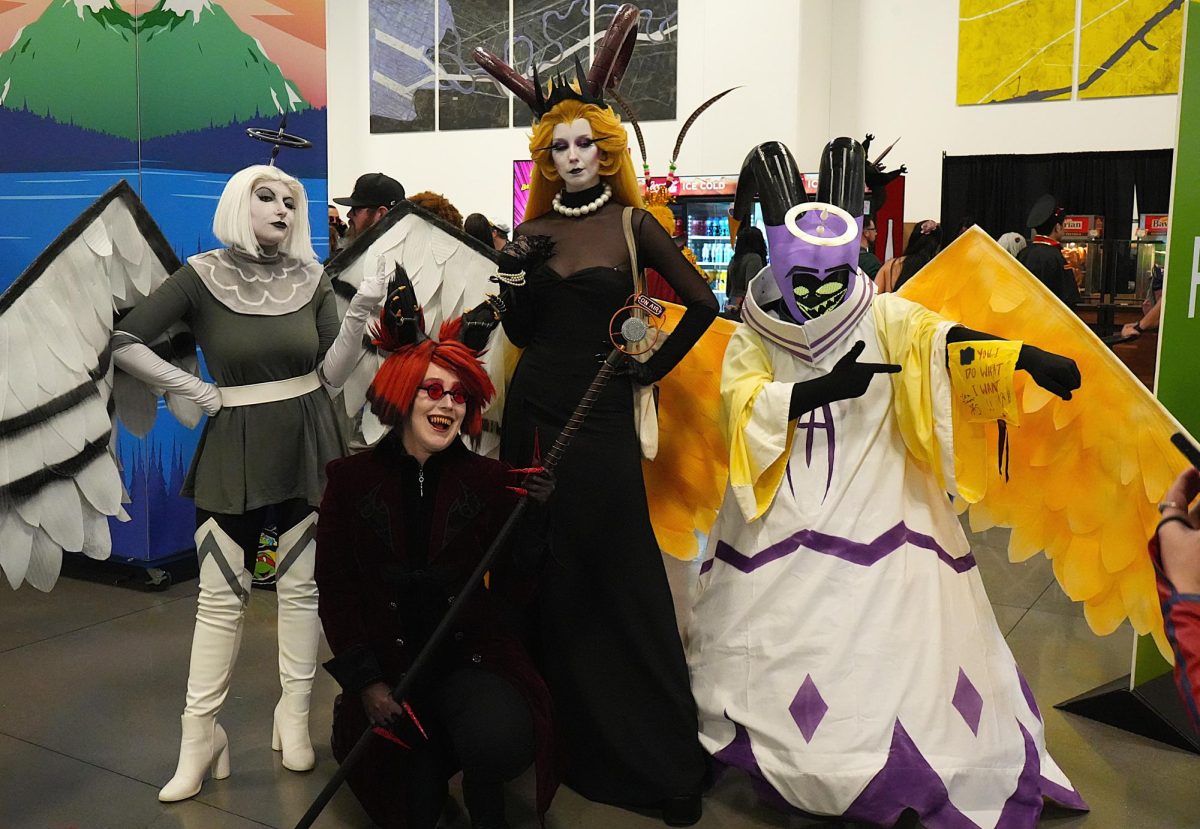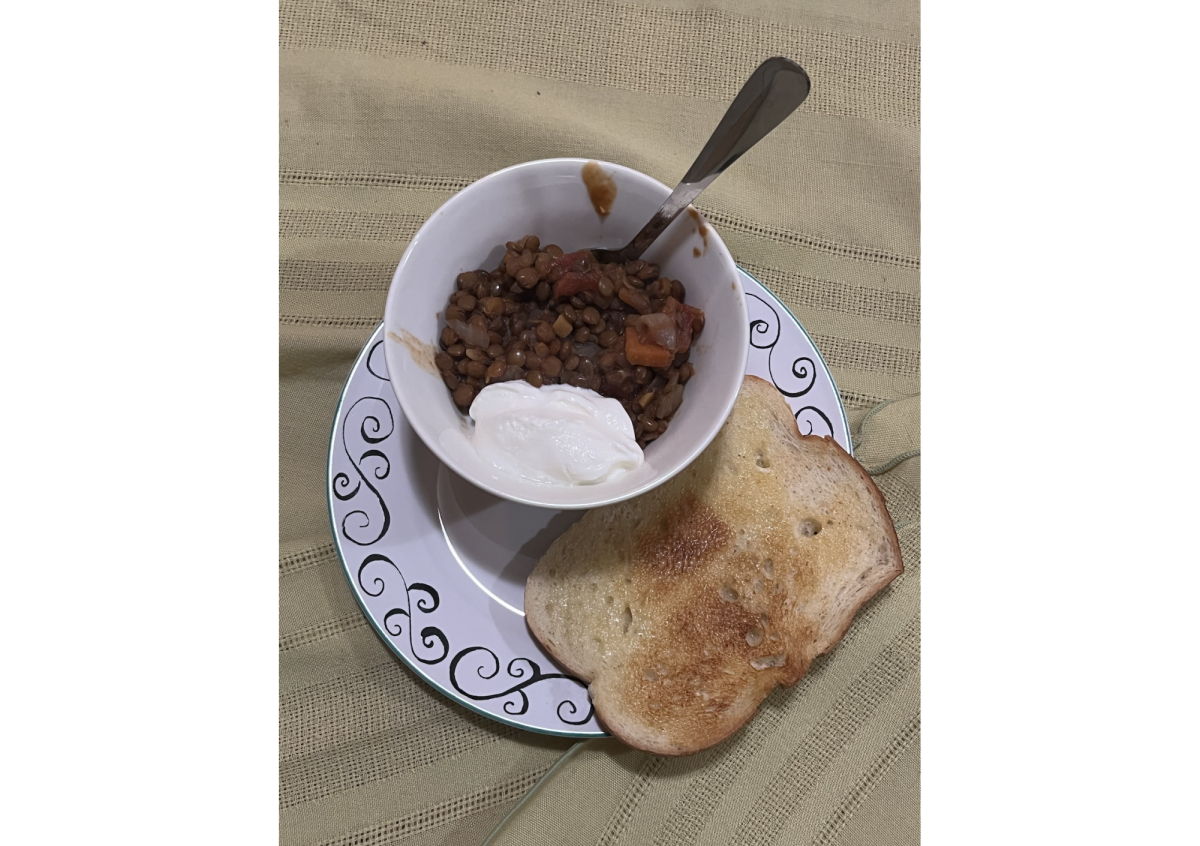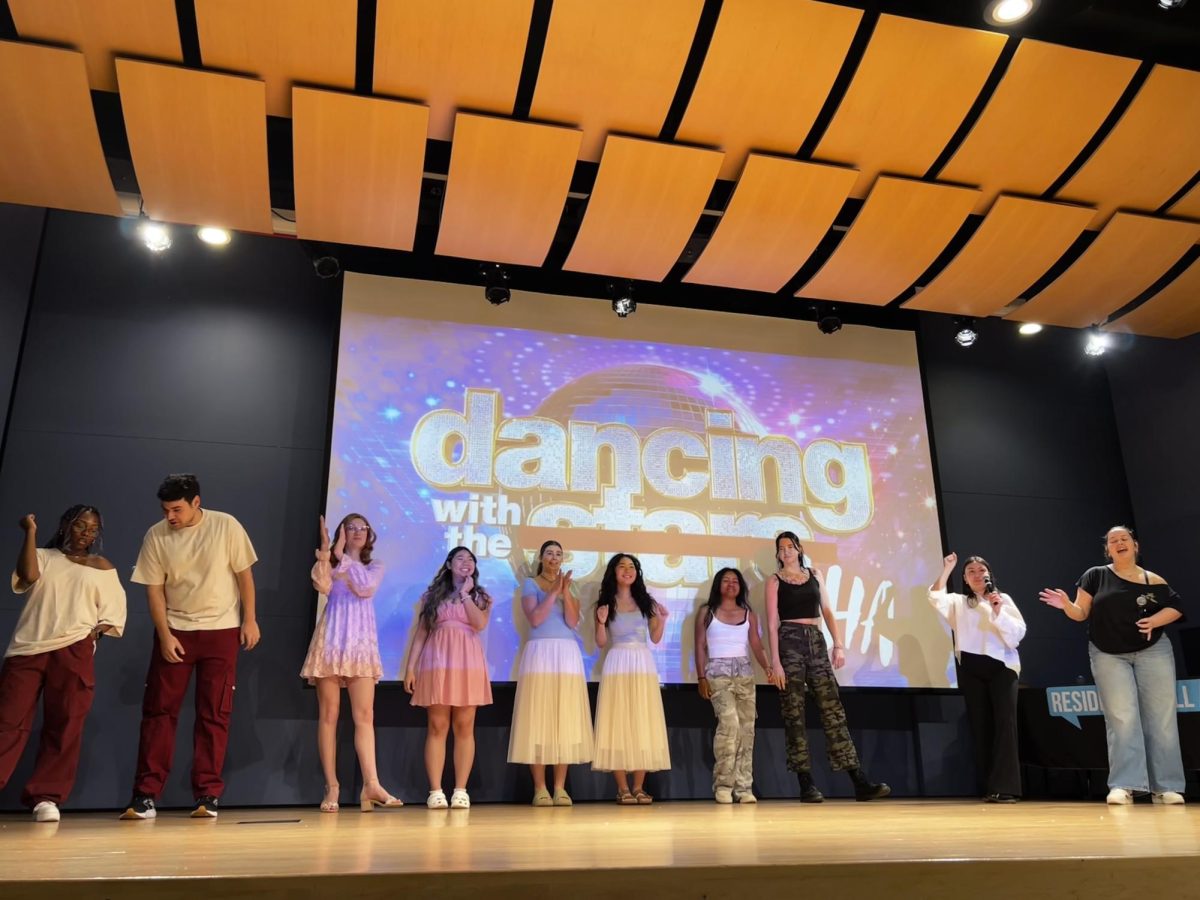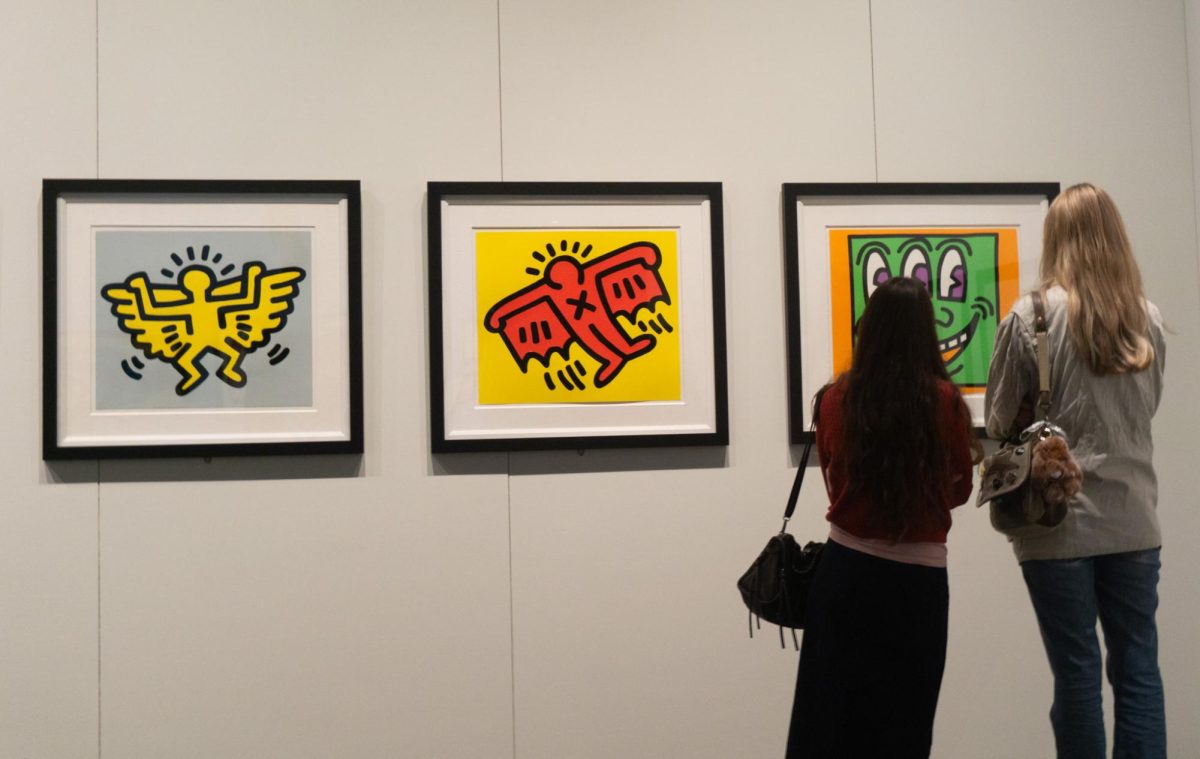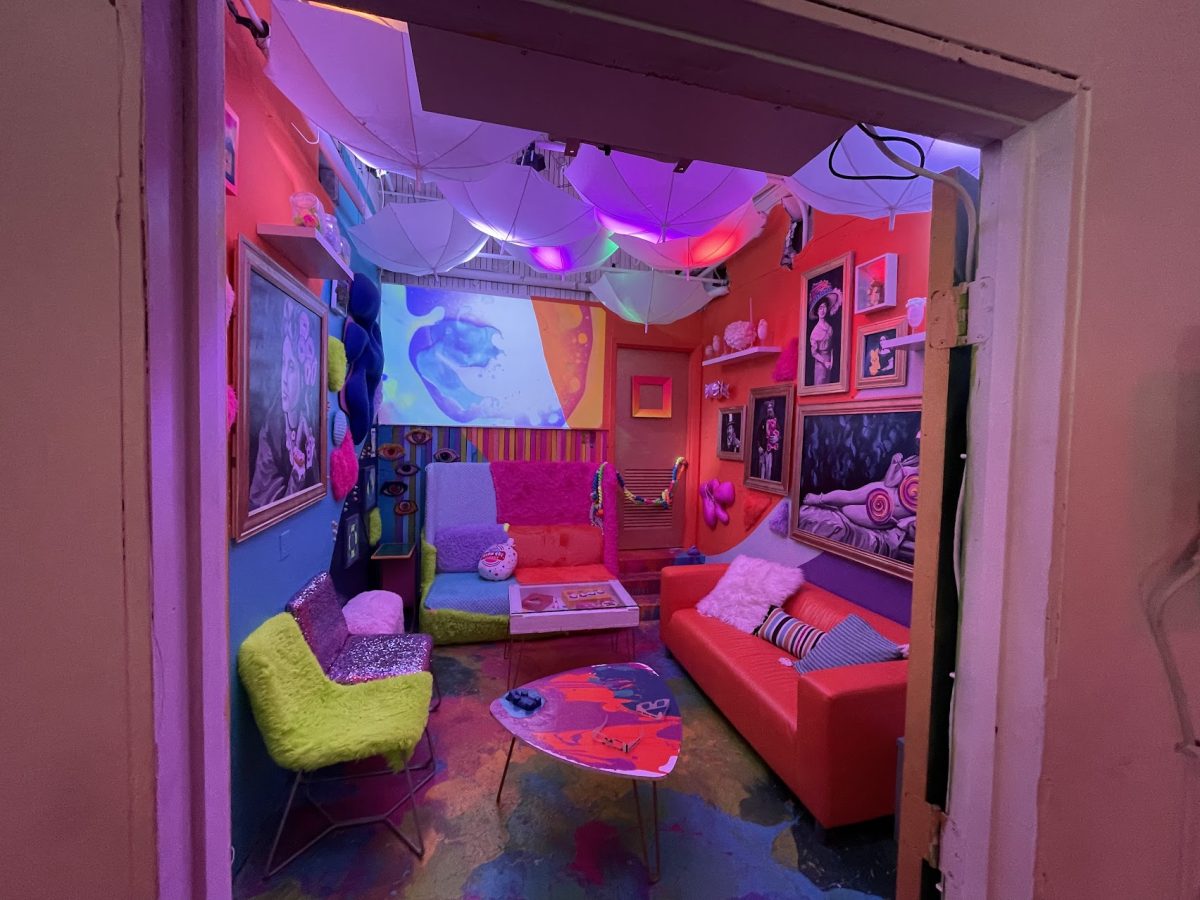One of the many things Seattle is known for is its dense music scene and history. Seattle is the birthplace of the grunge music scene and was once home to musicians such as Jimi Hendrix, Nancy Wilson of Heart and other artists who are now considered to be classics. Seattle is also famously the home to Sub Pop, a record label which even has its own store at the Sea-Tac Airport.
Unfortunately, the Seattle music scene is not exempt from the incidents of sexism that have been reported in the industry at large for decades.
With the rise of online media, internet trolls are capitalizing on anonymity to comment on artists’ songs and videos.
Bekah Zietz is the current Publicity Coordinator at Sub Pop. She has been working for Sub Pop Records for eight years and described the negative comments that can be found on most online content that Sub Pop or other labels post.
“I would say that 99 percent of the comments that people write are about their physical appearance,” Zietz said. “The internet has provided space to troll in a way that is pretty gnarly and gross.”
Ziets said that oftentimes, these comments are made in person as well. She emphasized that these in-person comments are generally a more common experience for women as they move through the world.
“There are little subtleties that exist that men just don’t think about that women face, like someone inappropriately talking to you on the train,” Zietz said. “There is a minutiae of things that people just don’t realize that we face on a daily basis.”
This struggle can be a hurdle for young females working in the industry. Julia Olson, a junior Communications major and the head music reporter at Seattle University’s radio station KXSU, recounted incidents of internalized sexism that she felt while she was working at a station in Minnesota.
“As a woman in the music industry, you’re definitely going to get some shit thrown your way,” Olson said. “When I was 19 [I was] thinking about ‘should I sleep with my boss to get a good job?’”
Olson noted that in Minnesota, there was not much recognition of the sexism that took place. She thinks that Seattle is better about opening dialogue on the topic but that there is still work to be done.
“I feel like here in Seattle the sexism in the music industry is something you point out,” Olson said.
She added that, while she thinks it’s healthy that the members of the Seattle music industry are willing to point out discrimination, this can quickly come across as tokenizing females. She said that, when she asks female musicians about their experiences with sexism, their answers are often brief.
“They don’t want to complain about it because they go through a lot of shit but it’s easier for them to say it has been kind of hard but we are pushing through it,” Olson said. “They don’t want to linger on it because I think that a lot of artists that are girl rock get labeled and every article is like ‘all girl Seattle band’ and I think it is frustrating for them to be labeled by their gender.”
Tess Freedel, who is graduating from Seattle U in June with a music degree, has never let the doubts of others deter her career in music.
“I feel like people were always telling me to have a backup plan, which is so silly,” Freedel said. “Now I’m self employed as a music teacher.”
A little over a year ago, Freedel created the band Bad Saint. She described the band as having “rocker babe vibes” and the songs as being “things you would want to listen to while cruising down the freeway in your crappy beat up car with your thrift store leather jacket.”
Freedel listed a number of musical inspirations including Tchaikovsky, Patti Smith and Kesha.
While Seattle seems to not be exempt of instances of sexism in the music industry Ziets seems hopeful that there are stories of triumph, strength and worker diversity in the industry as well.
“In my current role at Sub Pop, I feel very lucky,” Zietz said. “We are a company where there are women in managerial roles. I feel like our voices are heard and we are part of contributing to something.”
Olson hopes that someday, it will no longer be necessary to point out the success of women in the music industry because they will just be seen like every other artist.
“You don’t have to tokenize women in music if there are women in music,” she added.
Bailee may be reached at
bclark@su-spectator.com


